Think black cats bring bad luck? Think again – this is the truth!

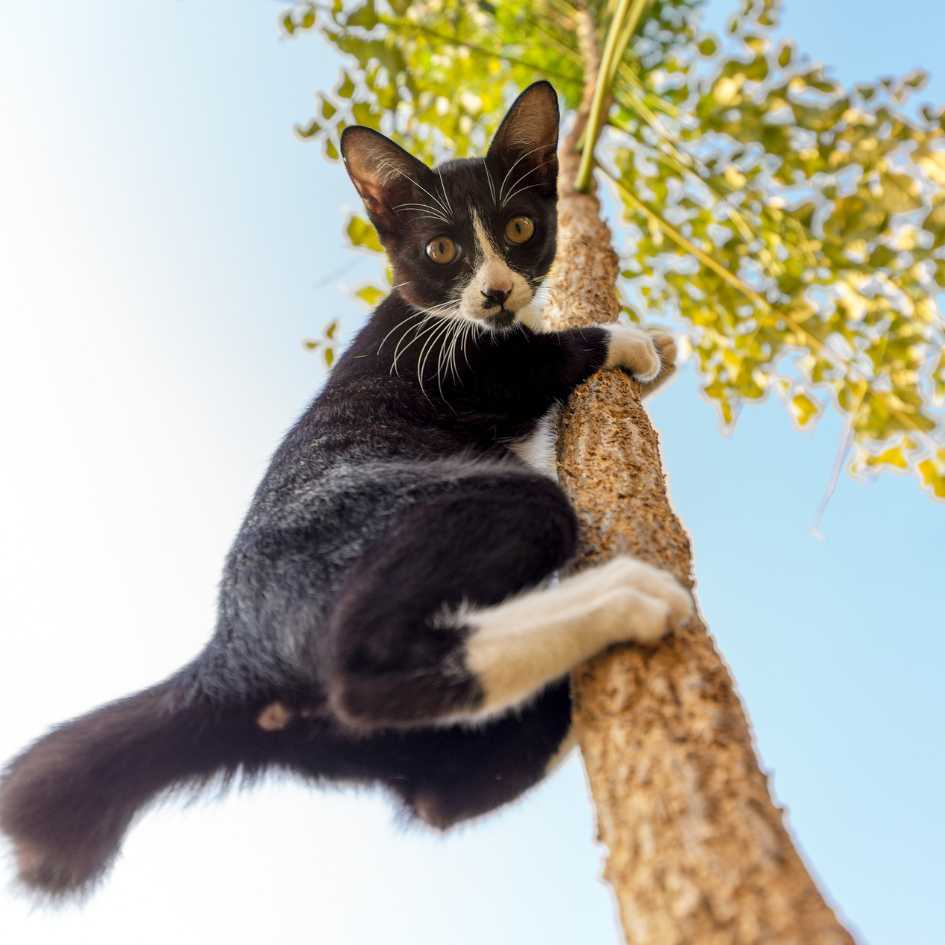
Black cats have been misunderstood and misrepresented for centuries, often labeled as unlucky or evil. These stunning creatures carry a legacy of superstition and folklore, yet they are loved and revered in many cultures around the world. Are they really out of luck, or are they just victims of a false narrative? Let’s delve into the history, cultural significance, and modern perceptions of black cats to uncover the truth behind the myth.
The History of Black Cat Superstition
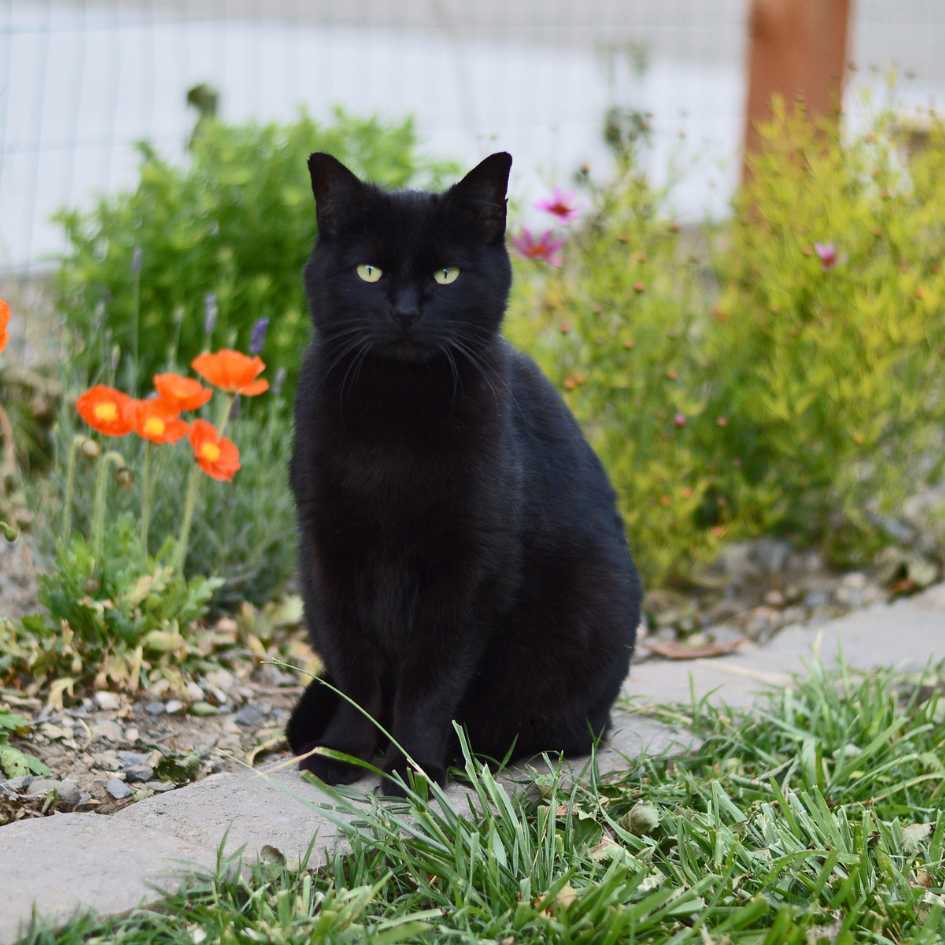

The idea that black cats bring bad luck is rooted in centuries-old tradition. However, these beliefs vary widely across regions and eras.
- ancient egypt – In ancient Egyptian culture, cats, including black cats, were sacred. They were associated with Bastet, the goddess of family, fertility and protection. Killing a cat, black or otherwise, was punishable by death, showing the deep respect the Egyptians had for these animals.
- Medieval Europe – The image of the black cat changed dramatically in medieval Europe. During this period, they developed an indissoluble bond with witchcraft. It was believed that witches could transform into black cats to perform dark deeds or spy on people. This association led to widespread fear and even mass slaughter of black cats. Ironically, this may have contributed to the spread of the Black Death, since fewer cats meant more rats and other disease-carrying rodents.
- american colonies – Among Puritan New England, black cats were considered evil. The Salem Witch Trials further fueled these superstitions, with black cats often depicted as companions or “acquaintances” of witches.
Modern Myths and Misconceptions
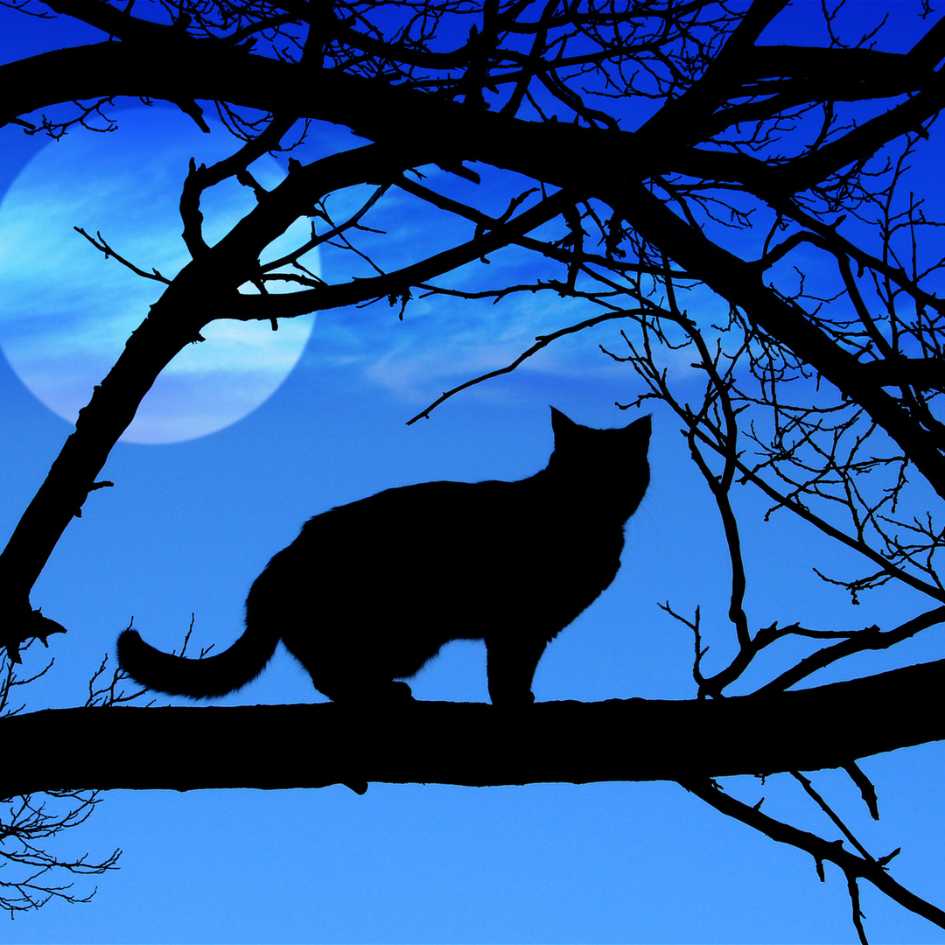

Despite advances in science and society, many of these myths still persist today.
- pop culture influence: Black cats are closely associated with Halloween and are often depicted as spooky, menacing creatures.
- Adoption Challenges: Animal shelters report that black cats are less likely to be adopted, a phenomenon known as “black cat syndrome.”
- everyday superstitions: Even now, in some cultures, encountering a black cat is considered bad luck.
The truth about black cats
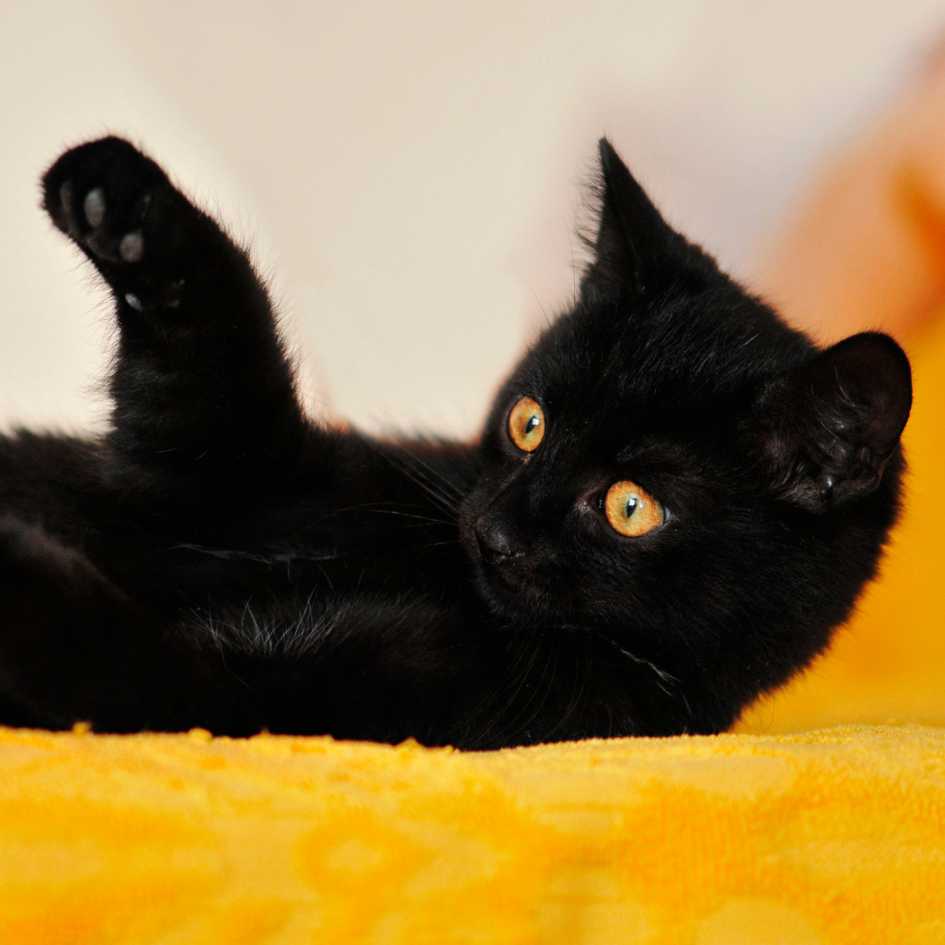

Let’s dispel these misconceptions: Black cats are not bad luck, but incredible animals with unique characteristics.
- health benefits – Interestingly, black cats have a genetic advantage that makes them more resistant to certain diseases, including those caused by UV exposure. Their dark fur also makes them less visible to predators, a natural evolutionary advantage.
- unique beauty – Black cats are very beautiful with their smooth black fur and piercing eyes. The fur of some black cats even turns reddish-brown when exposed to sunlight, a phenomenon known as “rusting.”
- character – Black cats are just as cute, playful, and loyal as cats of other colors. Their personality traits are determined more by their upbringing than the color of their coat.
Black cats in different cultures
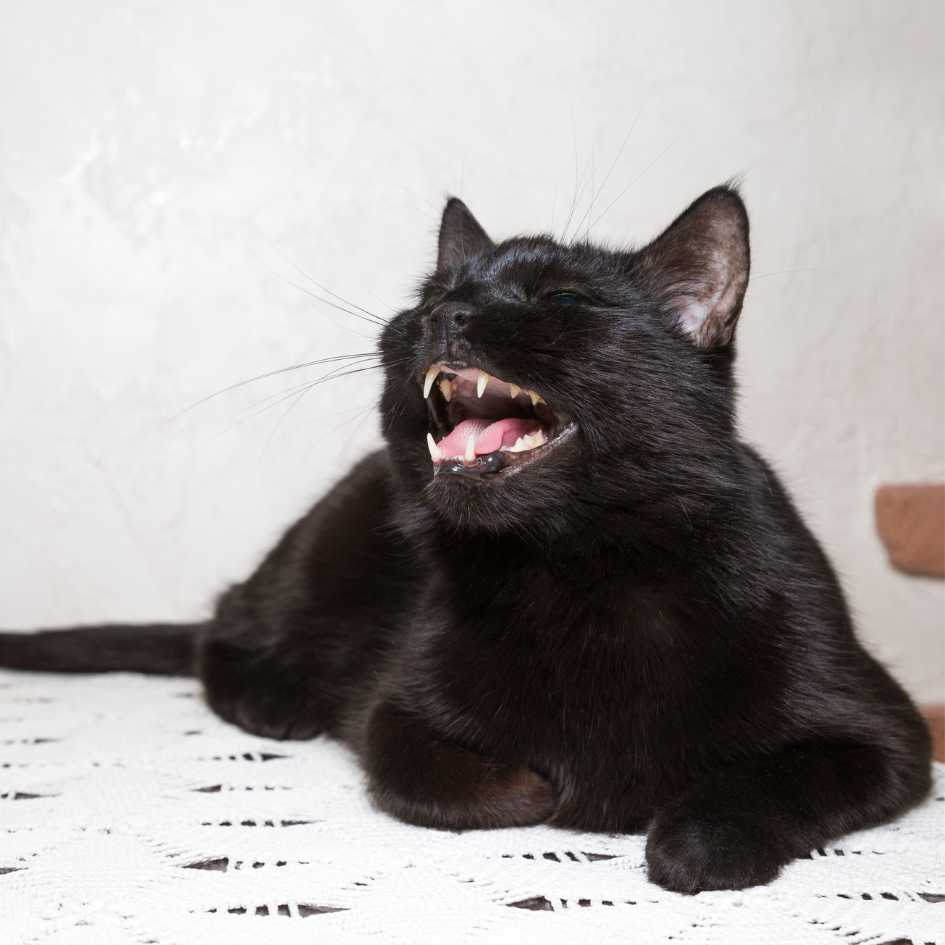

Not all cultures view black cats negatively. In fact, many people celebrate them as a symbol of good luck and prosperity.
India – In India, black cats enjoy a double reputation.
- Omens and Warnings: A black cat crossing your path is taken as a signal to pause and reconsider your behavior. However, this is more about caution than predicting bad luck.
- religious beliefs: Cats are associated with the goddess Shashthi, who is considered the protector of children. In this case, a black cat can symbolize divine protection.
Japan – In Japan, black cats are considered lucky, especially for single women. They were believed to attract suitors and bring prosperity to their owners. In Japanese folklore, black cats also symbolize protection against evil.
Scotland – Scottish folklore holds that a black cat that appears on your doorstep is a symbol of wealth and prosperity. This belief is still practiced in some parts of Scotland.
sailors and fishermen – Historically, black cats were considered lucky on ships. Sailors believed their presence protected them from storms and ensured safe navigation. Fishermen’s wives would also keep black cats at home to protect their husbands at sea.
other cultures – In Britain, black cats are believed to bring good luck to brides. In some parts of Germany, a black cat crossing your path from left to right is a symbol of good luck.
Why black cats make great pets
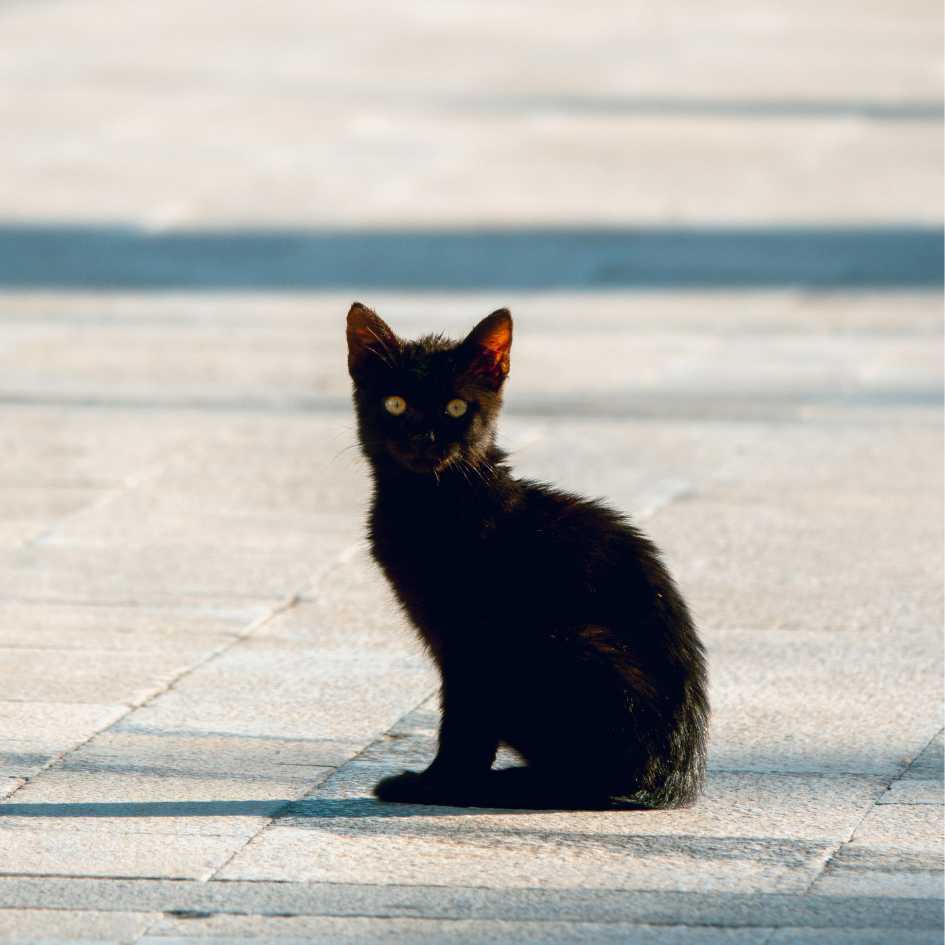

If you are considering adopting a pet, a black cat is a good choice. Here’s why:
- low maintenance cost – Black cats are just as easy to care for as other cats. Their dark fur is less susceptible to dirt, making grooming a breeze.
- affectionate companion – Black cats are known for their cuteness and playful nature. They form strong bonds with their owners and thrive in a nurturing environment.
- Challenge stereotypes – By adopting a black cat, you will help bust harmful myths and provide a loving home for these neglected animals.
Interesting facts about black cats
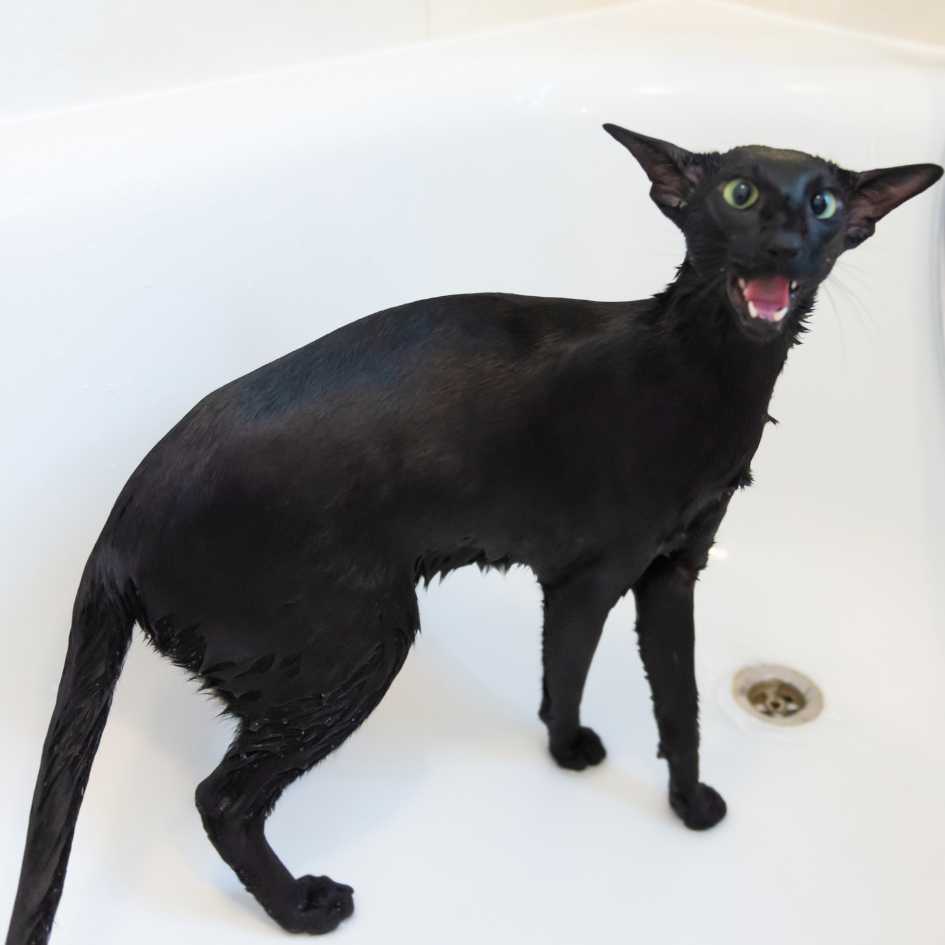

- famous black cat: Black cats star in pop culture, hail from Salem sabrina the teen witch to Binx trick.
- special varieties: The Bombay cat is a breed specifically developed to imitate the “mini leopard”, with smooth black fur and golden eyes.
- genetic advantage: The same genes that give black cats their coat color may also provide some protection in humans against diseases such as AIDS.
Black cat adoption tips
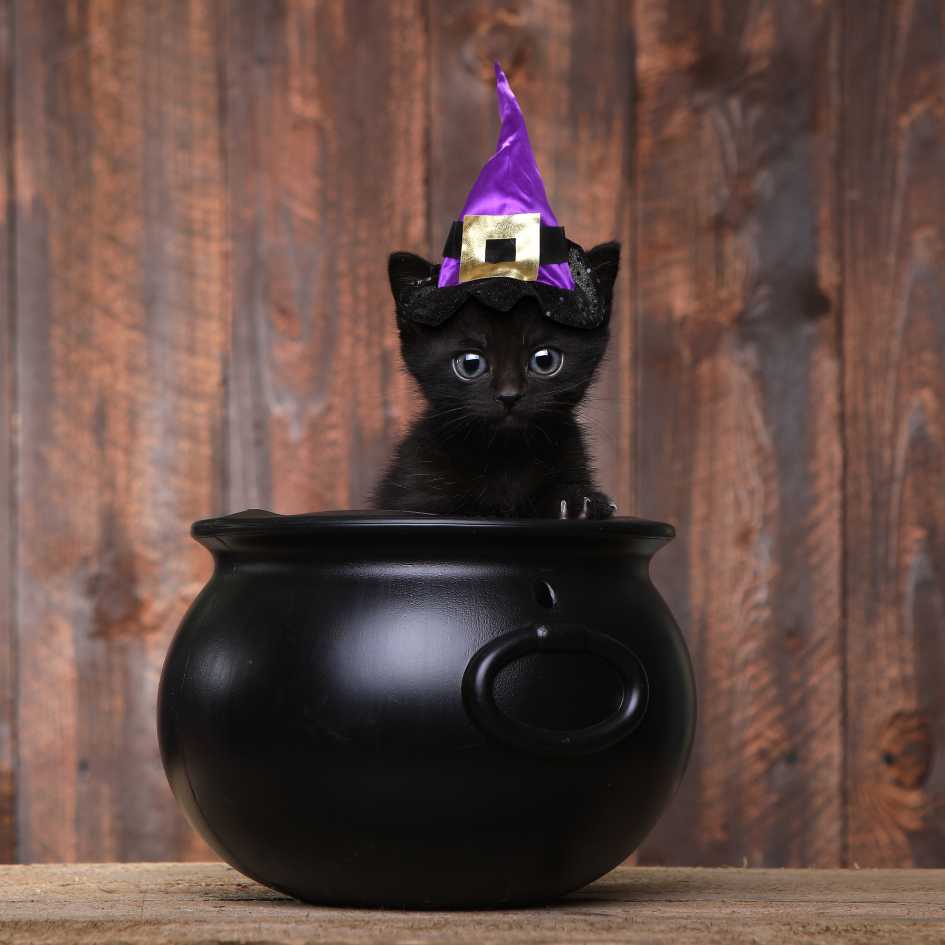

- Overcome superstition – If you’re hesitant because of superstition, remember that black cats are just as cute and friendly as other cats.
- capture their beauty – Photographing black cats can be challenging, so use natural light to highlight their features.
- support shelter – Adopting a black cat helps animal shelters because these cats are often neglected.
in conclusion
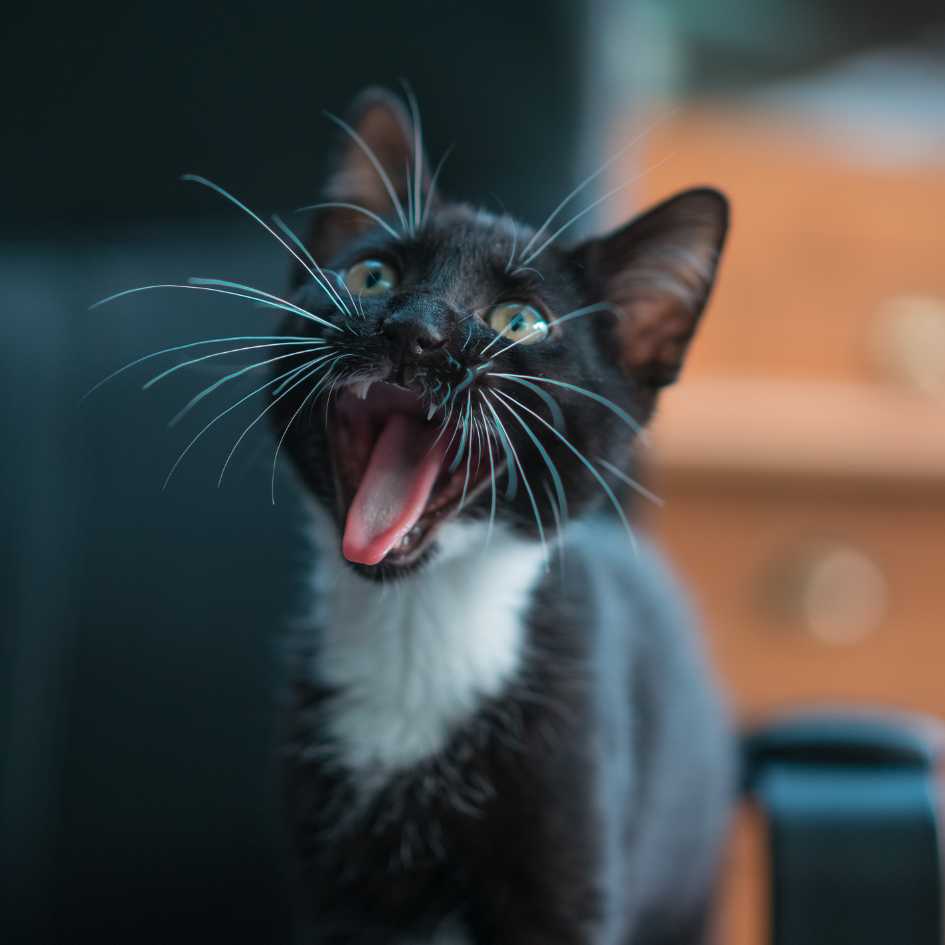

Black cats are not a symbol of bad luck—they are charming, lovable, resilient creatures that deserve to be celebrated. By understanding their history and cultural significance, we can help dispel harmful myths and give these beautiful animals the respect they deserve.
- Next time you see a black cat, don’t hesitate to appreciate its elegance and charm. Instead of shying away, consider welcoming someone into your home—they just might bring a little extra magic into your life.



